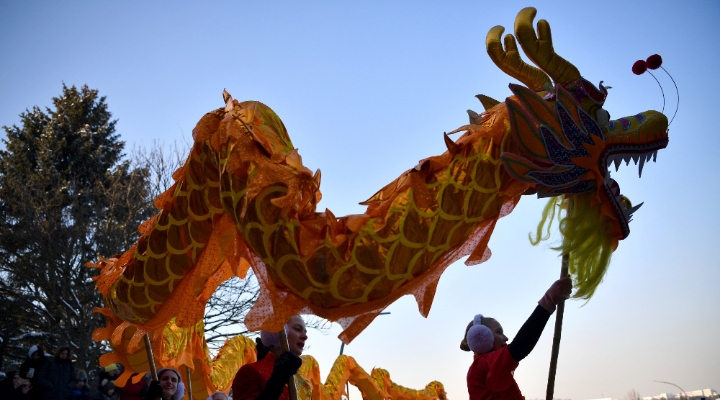
July was a good month for markets and a good one for funds. Of our dataset containing over 3,200 rated funds available to UK investors, 3,000 had a positive return, while only 200 were in the red.
Funds invested in China had a particularly good month – a welcome sight for investors in the country after occupying most of the bottom 50 in 2023 so far. Meanwhile, at the other end of the table, the worst performer list is a lot more mixed, with healthcare funds rubbing shoulders with Japan funds.
Ben Yearsley, director at Shore Financial Planning, says Chinese markets rose strongly on the back of the government’s stimulus announcement and measures to boost the property sector. Hong Kong's Hang Seng rose over 7% and various emerging markets indices also rose strongly.
Asian banks Standard Chartered and HSBC both set aside money to cover expected losses in Chinese property – and both of these saw strong results beating expectations.
Redwheel China Equity and Matthews China had the best return among the China funds, at 12.57% and 10.43%. However, most actively-managed Chinese equity funds are at the moment facing the challenge of outperforming the benchmark – and according to my colleague Kate Lin, most of them are failing.
“So far this year, only three out of 29 China equity funds outperformed the MSCI China Index’s 5.5% decline, Morningstar’s data shows,” she writes.
Redwheel China Equity is also the fund which had the worst performance overall among the
It’s not just funds with a focus on China that have made a long-awaited return. The top strategy of the month is Nikko AM ARK Disruptive Innovation, a European version of Cathy Wood’s famous ARK Innovation ETF (which had a torrid 2022). The fund is advised by ARK Investment Management. In July, it returned 12.87%, bringing the 2023 performance to 53.23%, continuing to claw back some of the 62% losses in 2022. It featured in our top 10 in the first six months of 2023.
The tech-focused Nasdaq has after all had five months of consecutive growth now, riding the AI wave which has benefitted many of its biggest constituents.
Two other non-China strategies also made it to the top 10: JPM Africa Equity and Fundsmith Sustainable Equity, with returns of 10.33% and 9.65%, respectively. Fundsmith Sustainable Equity together with Matthews China are the only two funds at the top with Gold Morningstar Medalist Ratings.
Meanwhile, the worst performer in July was healthcare fund JSS Sustainable Equity – Future Health which lost 5%. It’s one of two healthcare-focused strategies featuring in the bottom 10 in July, together with Gold-rated Polar Capital Healthcare Opportunities (down 2.71%).
The Asia theme also appears in the bottom, in the form of high-yield bonds and Japanese equities. The latter category has had stellar performance this year, as discussed in my colleague James Gard’s two-parter on how improved governance is driving returns for the Nikkei. You can read part one here and part two here.
One UK-focused fund also made the list: Gold-rated TM Stonehage Fleming AIM. The fund was down 2.09% in July.
Peter Hewitt, manager of CT Global Managed Portfolio Trusts (Income (CMPI) and Growth (CMPG)) says that medium and smaller companies in the UK are more exposed to the domestic economy than those in the FTSE 100 as these companies tend to have an international footprint.
“Inflation data, particularly core inflation, which is domestically generated, has risen above 7%. This is much higher than in the US or Europe, leading the Bank of England to raise interest rates by a greater-than-expected 50 basis points to 5%. The message to markets was that, in the UK, interest rates will be higher for longer and the prospect of a recession has markedly increased. This is the main reason why UK equity indices lagged.”





























